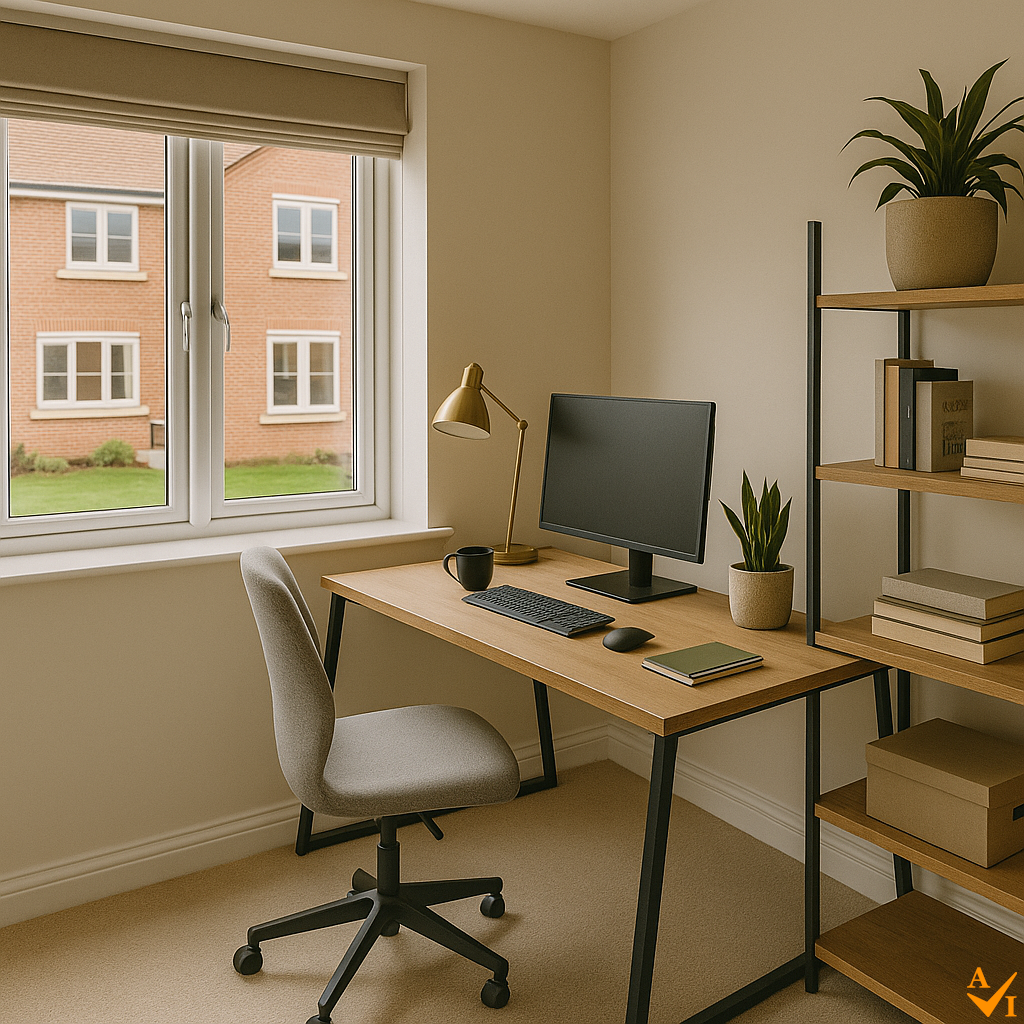 Blog
Blog
04 Jul 2025
When purchasing a home, assessing its condition is just as crucial as considering its location and price. A thorough evaluation can save you from unforeseen repair costs and help you make an informed decision. Understanding what to look for in a property’s condition can be the difference between a wise investment and a costly mistake. Here’s how to scrutinise a property like a seasoned homebuyer.
Start with the Exterior: The exterior of a house can reveal much about its overall condition. Check for cracks in the foundation, the state of the roof, gutters, and downspouts, and any signs of water damage. Don’t overlook the condition of driveways, fences, and decks. These elements can indicate how well the property has been maintained.
Evaluate the Interior Structure: Inside, look for signs of structural issues like cracks in walls and ceilings, uneven floors, and doors that don’t close properly. These can indicate foundation problems or other structural concerns that might require costly repairs.
Inspect Plumbing and Electrical Systems: Check the plumbing by running taps to assess water pressure and drainage. Look under sinks for leaks or water damage. Test light switches and outlets, and inquire about the age and condition of the electrical system.
Assess Heating and Cooling Systems: Ask about the age and maintenance of the HVAC system. Turn on the heating and air conditioning to ensure they’re working efficiently, as these systems are vital for comfort and can be expensive to replace.
Look for Moisture or Water Damage: Water damage can lead to serious problems like mould. Look for stains on ceilings and walls, peeling paint, and musty odours. Check basements and attics for dampness or leaks.
Check Windows and Doors: Ensure windows and doors are in good condition. Look for drafts, faulty locks, and poor insulation. Windows and doors in disrepair can impact energy efficiency and security.
Pay Attention to Finishes: While cosmetic issues are easily fixable, they can indicate how well the property has been maintained. Look at the condition of the floors, paint, and other finishes.
Consider a Professional Home Inspection: A professional home inspector can provide a detailed report on the property’s condition, uncovering issues that may not be visible during a casual walkthrough.
Evaluating a property’s condition thoroughly gives you a clearer understanding of what you’re buying and any additional investments you may need to make. It’s a crucial step in ensuring you make a sound decision in your home-buying journey. Remember, the true value of a home lies not just in its appearance, but in its structural and functional integrity.